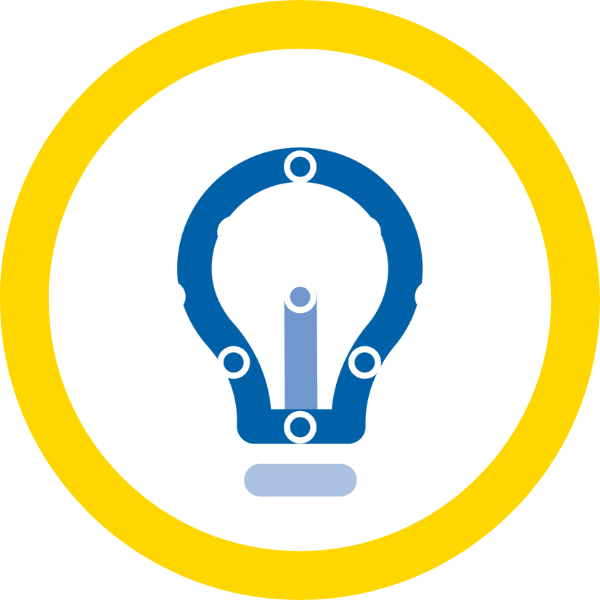If you think you might be neurodivergent, the first step would be to research and learn as much as possible. We all experience challenges in different areas but if you relate to a lot of the diagnostic criteria for a condition, and importantly, you feel it is having an impact on your life, it could be possible that you are neurodivergent. You could take a look at our range of neurodiversity tests and quizzes to see if you display neurodivergent traits.
Here are some of the things you can do to get support if you believe you may be neurodivergent.






